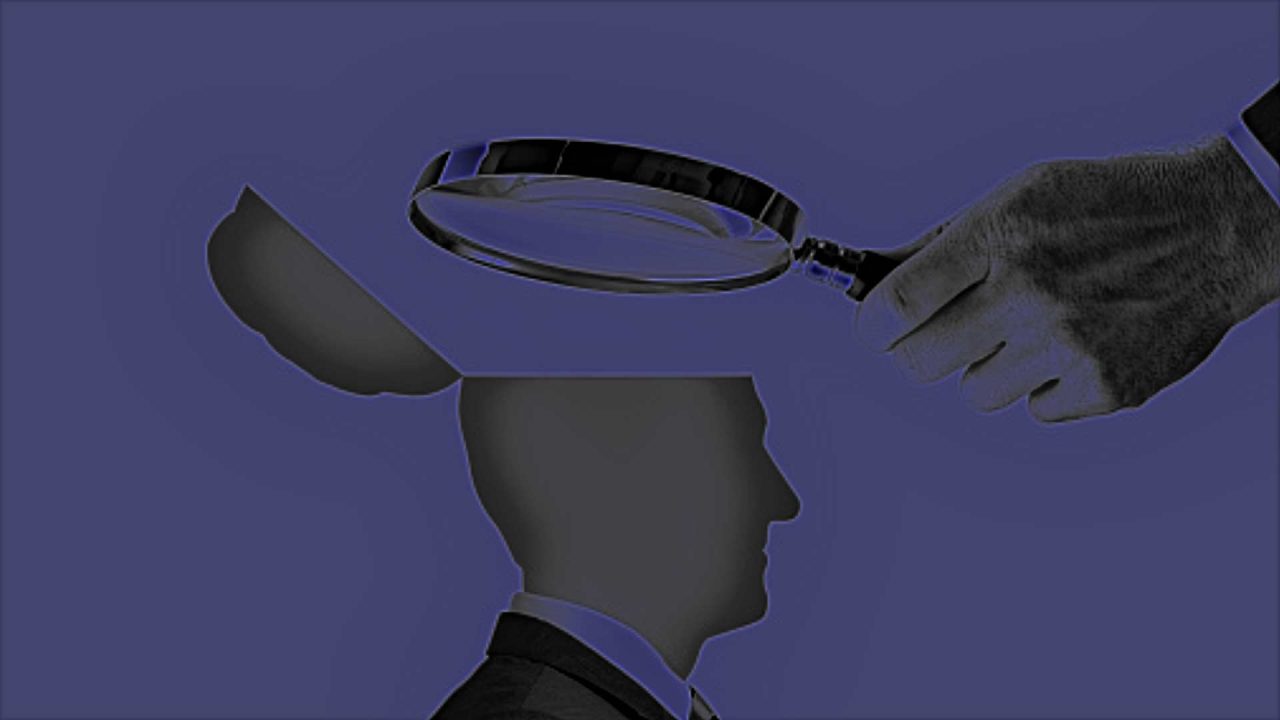
There are many problems associated with “hate crime” laws, but a primary concern is that such legislation often allows prosecutors and judges to cite a person’s religious or moral views to increase sentencing, after an objective crime has already been committed.
Rather than simply punish a criminal in accordance with established sentencing guidelines, the “hate” factor invites the long arm of the law to make particular judgements about personal belief systems that may have “contributed” to the motivation in carrying out the crime.
Did the offender disagree with LGBTQ sexual acts? Did they hold a belief that marriage is the union of one man and one woman? Maybe they thought unborn life should be protected. If so, a judge could use these factors to surmise that perhaps the criminal not only committed a crime, but they also “hated” their victim due to their belief system.
Just to be perfectly clear the argument, here, is not to justify or minimize an objective crime. The issue is whether a person’s religious or moral views should be factored in when it comes to sentencing.
When these beliefs are wielded as aggravating factors, it maligns the entire belief system, along with the vast majority of law-abiding citizens who adheres to them. It also suggests that anyone who holds or teaches these ideas is a potential danger to society.
ALASKA WATCHMAN DIRECT TO YOUR INBOX
This approach to meeting out justice opens the door for the legal apparatus to denigrate and attack beliefs that conflict with the government’s preferred agenda.
In a June 24 speech before LGBTQ activists in Anchorage, U.S. Attorney for the District of Alaska S. Lane Tucker revealed just how far this approach can go. She not only emphasized her commitment to prosecuting “hate crimes,” but also expressed a desire to root out “noncriminal acts” of “bias.”
While Tucker did not go into detail about what she considers “bias,” she clearly aims to use her powerful office to highlight and combat perfectly legal actions which may have been motivated by thoughts that the U.S. Department of Law finds problematic.
In other words, it is not enough to simply act within the rightful limits of the law, but one’s thought life must also comport with contemporary government standards.
This should be deeply concerning to anyone who still cares about religious liberty or freedom of speech.
The views expressed here are those of the author.








10 Comments
Case 1: You run over your neighbor, a white male, with your vehicle. An investigation into the case reveals numerous writings by your hand that describe how angry you are that he keeps blowing leaves into your yard while spring cleaning.
Case 2: You run over your neighbor, a white male, with your vehicle. An investigation into the case reveals numerous writings by your hand that describe how you hate white people, and that you think all whites must die.
In case 1 you have committed a crime and declared that your intent was due to your neighbors behavior (a negotiable/changeable situation that can be diplomatically resolved)
In case 2 you have committed the same crime, in the same manner, yet you have confessed your intent was motivated due to your neighbors race/sex (something non-negotiable and unchangeable through diplomacy)
Case 2 displays prejudice that cannot be resolved behaviorally, and demonstrates willing hostility towards a large segment of the population without requiring any instigation aside from that they simply exist and you want them exterminated. This is obviously more problematic and requires more/greater correction. Hence hate crime charges.
Both would be crimes of Hate. A person who cannot control his/her behavior for any reason and acts out their anger by “running over a person with a car” out of anger would be a hateful crime. Point being it is a crime to run someone over with a car. Any reason requires appropriate justice.
In this society we criminalize actions, not thoughts. At least that used to be the case.
“her [TUCKER’s] office was intent on rooting out not only criminal but also alleged non-criminal acts of so-called “hate” or “bias” against the LGBTQ community.” Resistance is futile, you will be assimilated into the less than 10% LGBTQ twisted-alternate universe, or else face the consequences!
Same act was done in both examples. Both cases have the same effect on the victim. Should be the same punishment. There’s no such thing as a ‘thought crime’ or a ‘feel crime.’ A person can feel or think anything they want. It’s called freedom.
The concept of hate crimes is just a way of holding one race or group higher than another. It’s wrong.
Craig, you should do some research on why hate crimes legislation is a thing. Hate crimes send messages out beyond just the person they kill. They harm others and create fear in the targeted population. They aren’t just attacks on the one victims. Basically hate crimes are similar to terrorism.
Joel is, as usual, completely off his rocker with his gross insinuation that hate crimes laws are some kind of religion. If you kill someone because your religion said to then you have a super fucked up religion. Its not religion that is the problem. It’s that you hate someone so much you are willing to kill them just for existing.
And he seems to be making the other half of this article up out of whole cloth. Nobody said anything about thought crimes. There are MANY laws that exist that codify actions that are are not criminal but are punishable with fines/fees, suspension of licenses etc. For example, how Donald Trump was fined millions of dollars because his properties were refusing to rent to Black people. Joel can’t possibly be dumb enough to not realize those are the sorts of thing they were talking about. So either he is ignorant, or hes lying and thinks YOU GUYS are stupid enough to believe him.
Once again, Clark is projecting on the Conservatives what he and the evil left are doing and saying.
Right on Clark.
I remember when vaccine passports were a fringe right-wing conspiracy theory too.
Gosh, Clark, I hate to rain on your hysterical little tantrum but Joel isn’t responsible for others laughing at and disliking you; you’ve brought the entirety of it on yourself with your diseased thinking, your nasty, warped behavior, and your delusional insistence that you’re normal and deserving of acceptance by the rest of us. You aren’t. Stay away from kids, freak.